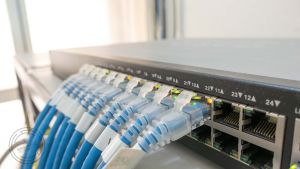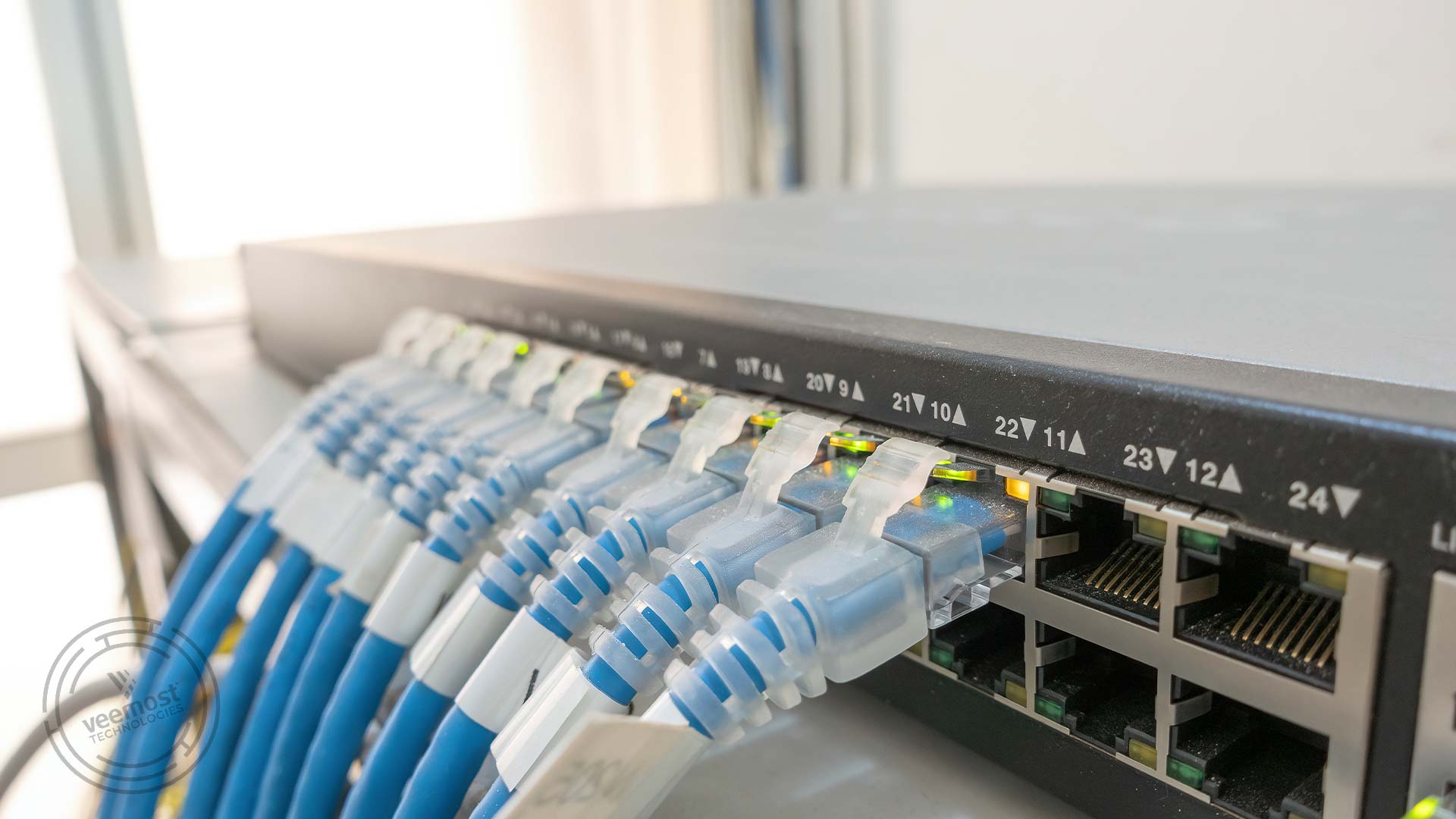For months on end during the pandemic, many people have worked remotely out of necessity. Working from our homes was an important way to keep employees safe while also keeping businesses operating.
Now the threat is easing thanks to vaccines. Organizations and their employees are choosing to keep remote work as a significant part of a hybrid work experience. The Cisco Global Workforce Survey found that 58% of knowledge workers will work from home 8 or more days/month post-pandemic.
There are many reasons for the persistence of remote work. Employees value flexibility and inclusivity. They no longer have to commute long hours from affordable housing or limit their job searches to accessible locations.
Businesses see hybrid work as an opportunity to optimize their real estate holdings and reduce their investment in travel. That is, provided they can enable their workforce to be as productive and effective as possible when working from home. They can save costs while also achieving better staff retention because they’re providing flexible work options.
What remote workers need for an experience without compromise
The shift from remote-only to a hybrid mix of in-office and remote presents some challenges for IT and network administrators. They want to make sure that people working from home have the same great experience as those working on site.
That means delivering the same level of security—even if they and others connect through the same wireless and routing hardware for both corporate and personal uses.
That also means delivering access to everything, including business-critical cloud applications, with the same speed and ease employees would have onsite. Getting them and their devices onboarded quickly. Doing away with cumbersome VPNs. Making sure the network is highly available. Providing a seamless meeting experience for all employees—no matter where they’re joining from.
And don’t forget what IT administrators need. Many of you have been staving off cabin fever, braving interruptions from children and animals, pivoting on a dime to meet all these new demands for your users. You deserve a simpler, centralized way to manage network access for your remote workers—without added costs or complexity.
Working wonders with Cisco Hybrid Workforce Network solutions
If you and your workforce have been putting up with subpar remote work experiences during COVID-19, now is your chance to build out your enterprise network the right way.
Reimagine work in the hybrid age by extending secure connectivity to remote workers at home and in micro-offices. With network solutions that are easily deployed and centrally managed, you can give them a better experience with the apps they use every day.
The Cisco Hybrid Workforce Routing solution, which relies on a Cisco Integrated Services Router with integrated Wi-Fi, checks all the boxes:
- Security: Employees connect securely to the network through a zero-trust fabric and end-to-end enterprise segmentation. They are protected from advanced threats, and compromised devices are detected.
- User experience: Remote workers have consistent always-on network connectivity via LTE Advanced Pro (5G-ready). They also get an enhanced experience through WAN Optimization and Cloud OnRamp, which replicates on-premises security and performance for cloud applications.
- Ease of management: Administrators can provision and manage remote network access from a central pane of glass.
Source: blogs.cisco.com Credit@ Raakhee Mistry











